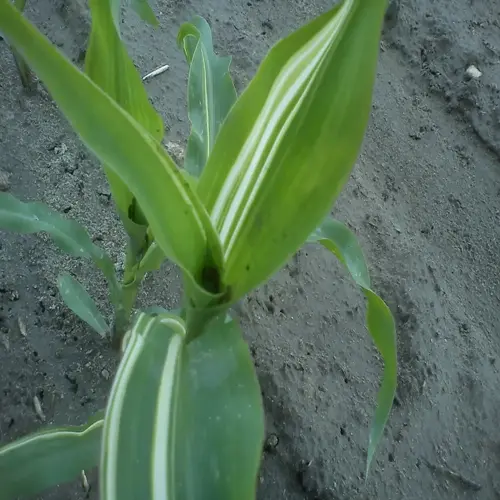How should I water raised beds efficiently?

Written by
Kiana Okafor
Reviewed by
Prof. Charles Hartman, Ph.D.Raising water beds efficiently can be approached differently from in-ground gardens. Their superb drainage allows them to drain faster than in-ground gardens. The water must be aimed directly at the roots of the plants. Consistent moisture will enable plants to avoid stress while conserving water resources. This approach fosters maximum growth with minimal resource waste.
Install drip irrigation systems for precise watering of the plants. Drip systems deliver a controlled amount of water very slowly, right at the soil surface. Soaker hoses work similarly, laid along the edge of the rows of plants to minimize evaporation. Both methods can reduce evaporation by 30-50%, compared with using sprinklers. I converted my garden to drip irrigation and reduced my water consumption by 50%.
Mulching Techniques
- Apply 3-inch organic mulch layer annually
- Use straw or shredded leaves for vegetable beds
- Replenish mulch as it decomposes
- Maintain moisture while suppressing weeds
Timing Strategies
- Water early morning to reduce evaporation
- Avoid evening watering to prevent fungal diseases
- Install timers for consistent schedules
- Adjust frequency during heat waves
Check soil moisture accurately before watering by inserting your finger 2-3 inches into the potting mix. Use moisture meters for even more accurate readings. Allow the soil to dry to feel dry in the upper inch before watering. Deep and infrequent watering will lead to the best overall root development.
Enhance water retention by adjusting the soil composition to improve its ability to hold moisture. Add water-holding crystals to the soil mix. Compost will help increase the mix's ability to hold moisture. If using a fast-draining blend, add some vermiculite to help keep the water. All of the above reduce the frequency of watering.
Cluster plants require similar amounts of water. Create a separate irrigation zone for thirsty vegetables such as tomatoes. Set up separate irrigation zones for drought-tolerant herbs. Zoning helps avoid overwatering some plants while underwatering others.
Capture rainwater for eco-friendly irrigation by placing barrels under downspouts near your garden. Before entering the storage area, filter the debris from the collected water. Water storage systems that are gravity-fed will reduce the need for pumped water. It is a free resource that helps lower your water bill and nourish your plants.
Read the full article: 10 Key Benefits of Raised Beds for Your Garden

